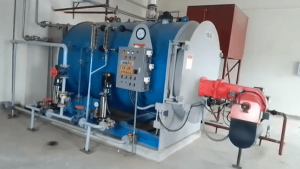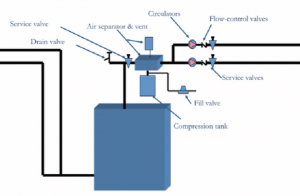Disclosure: As an Amazon Associate, I earn from qualifying purchases. Learn more
Last Updated on March 1, 2023 by Rhyes Frank
As the temperatures start to drop, you may be thinking about switching on your heat pump to keep your home warm. But what if your heat pump can’t keep up with the cold? There are a few reasons why this might happen.
One possibility is that the outdoor unit of your heat pump is iced over. This can happen when the temperature drops below freezing and moisture in the air condenses on the coils of the outdoor unit. Another reason why your heat pump might not be able to keep up with the cold is that it’s too small for your home.
If you have a large home or one that isn’t well insulated, a smaller heat pump might not be able to generate enough heat to make a difference. If you’re having trouble keeping your home warm this winter, it’s worth checking to see if either of these issues could be causing problems for your heat pump.
If you’re like most people, you rely on your heat pump to keep your home comfortable all year long. But what happens when the temperature outside starts to drop and your heat pump can’t keep up? There are a few things that could be happening.
First, it’s possible that the outdoor unit of your heat pump is frozen. This is more likely to happen if the temperature has dropped suddenly or if there’s been a lot of moisture in the air. If this is the case, you’ll need to thaw out the unit before it will start working again.
Another possibility is that the refrigerant level in your heat pump is low. This can happen if there’s a leak somewhere in the system. You’ll need to have a professional service technician recharge the system with refrigerant before it will work properly again.
Finally, it’s also possible that your heat pump simply isn’t sized correctly for your home. If your home is larger than average or if you have a particularly cold climate, you may need a bigger or more powerful heat pump to maintain comfortable indoor temperatures. If you’re not sure what’s causing your heat pump to struggle in cold weather, call a professional HVAC contractor for help.
They’ll be able to diagnose the problem and recommend the best solution for keeping your home comfortable all winter long!
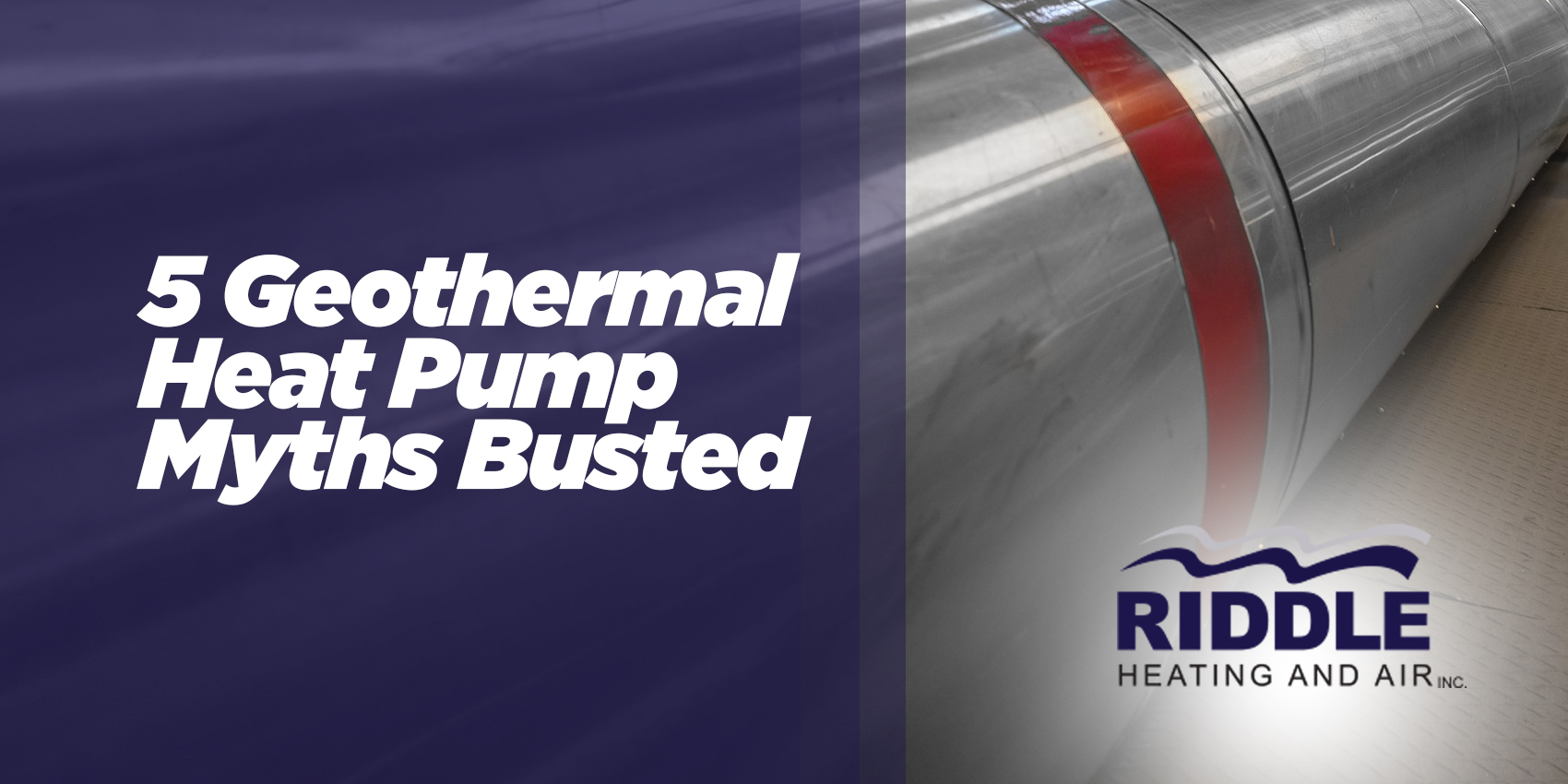
Is It Normal for the Heat Pump to Not Keep Up?
It is normal for heat pumps to not keep up in very cold weather. This is because the heat pump relies on outdoor air to help heat the home. When it is very cold outside, there is less warm air for the heat pump to use.
Additionally, the heat pump has to work harder in very cold weather, which can cause it to wear out more quickly.
Can Heat Pumps Keep Up in Cold Weather?
Yes, heat pumps can keep up in cold weather. In fact, they are designed to work in all climates, including cold weather. Here’s how it works:
A heat pump transfers heat from the ground or air outside to the inside of your home. In warm weather, it pulls heat out of your home and transfers it outdoors. In cold weather, the process is reversed, and the heat pump moves heat from the outside air into your home.
Heat pumps are very efficient and can save you money on your energy bills. They are also environmentally friendly because they do not produce any emissions.
Why Doesn’t My Heat Pump Work When It’s Cold?
If your heat pump is having trouble working when it’s cold outside, there are a few potential reasons why. One possibility is that the outdoor unit of your heat pump is frozen. This can happen if the temperature outside gets too low and the humidity level is high.
When this happens, ice will form on the outdoor coil, which prevents the heat pump from being able to work properly. Another reason why your heat pump may not be working properly in cold weather is that the refrigerant levels are low. Refrigerant is what helps transfer heat from the air inside your home to the outdoors.
If there isn’t enough refrigerant, then the heat transfer process won’t work as well, and your home won’t get as warm as it should be. If you think either of these issues might be causing problems with your heat pump, it’s best to call a professional for help. They will be able to diagnose the problem and make sure that your heat pump is repaired or replaced so that it works properly again.
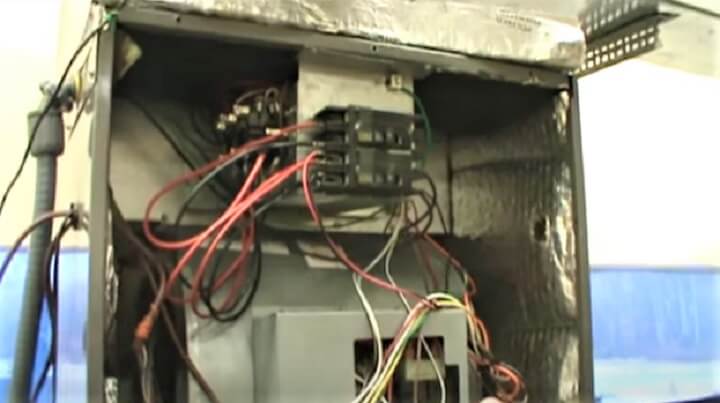
Why is My House Cold With a Heat Pump?
If your home is equipped with a heat pump, you may be wondering why it seems colder than usual. Several factors could be at play, but the most likely culprit is the outdoor temperature. Heat pumps work by transferring heat from one place to another.
In the winter, this means taking heat from the outdoors and bringing it inside. But if the outdoor temperature is very cold, there may not be enough heat to transfer. As a result, your home will feel colder than usual even though the heat pump is running.
There are a few things you can do to help mitigate this problem.
First, make sure that all of your doors and windows are properly sealed and insulated. This will help prevent heat from escaping your home.
Second, consider supplementing your heat pump with another heating source, such as a space heater or fireplace. This can help raise the overall temperature in your home so that you’re more comfortable.
If you have any concerns about why your house is cold with a heat pump, be sure to talk to a qualified HVAC technician for further assistance.
Read More: Why a Gas Boiler Pilot Light on But Not Firing Up?
Heat Pumps Can’t Work In The Cold
Heat Pump Can’t Keep Up With Heat
If you’ve ever had a heat pump, you know that it can be great for heating your home in the winter. But what happens when the temperature outside starts to rise? Can a heat pump keep up with the heat?
The answer is: it depends. A heat pump uses electricity to move heat from one place to another, and it can do this in either direction. In the summer, a heat pump moves heat from your home into the outdoors, helping to keep your house cool.
But as the temperature outside rises, it becomes harder and harder for the heat pump to move that heat out of your home. Eventually, it just can’t keep up, and your home will start to feel warm again. There are a few things you can do to help your heat pump keep up with the rising temperatures:
– Make sure that your air filter is clean. A dirty air filter will make it harder for your heat pump to circulate air properly.
– Give your outdoor unit some shade. If possible, put something like an awning or trees around your outdoor unit to help keep it cool. This will make it easier for the unit to transfer heat out of your home.
– Upgrade to a higher-efficiency model. Some newer models of heat pumps are designed specifically for homes in warmer climates where they’ll see more use in the summer months.
Will a Heat Pump Keep My House Warm
As the weather gets colder, you may be wondering if your heat pump can keep your house warm. The answer is yes! Heat pumps are designed to work in all seasons, providing both heating and cooling for your home.
In the winter, they extract heat from the air outside and transfer it inside, keeping your home warm. There are two types of heat pumps – air-source and ground-source.
Air-source heat pumps are more common and use the air around your home to generate heat.
Ground-source heat pumps use underground pipes filled with a water/antifreeze mixture to collect heat. Both types of heat pumps are highly efficient and can save you money on your energy bills. If you live in an area with very cold winters, you may need to supplement your heat pump with another heating source, such as a furnace or space heater.
But in most cases, a heat pump can keep your entire home warm throughout the winter months.
Heat Won’t Keep Up
As the climate changes, so do the weather. And while most people think of global warming as causing hot weather, in many cases it will actually result in cooler temperatures. This is because the Earth’s atmosphere is a lot like a greenhouse; when more heat is trapped inside, it makes the planet warmer overall.
But there are limits to how much heat our atmosphere can hold, and as we pump more and more greenhouse gases into the air, eventually it won’t be able to trap all that extra heat anymore. That’s when we’ll start to see a rapid cooling of the planet, and it could happen a lot sooner than you might think. The last time Earth experienced a mass cool-down was during the so-called “Little Ice Age” which lasted from roughly 1300 to 1850 AD.
During that period, average global temperatures dropped by about 1.5 degrees Fahrenheit (0.8 degrees Celsius). While that doesn’t sound like much, it was enough to cause widespread droughts and famines around the world as crops failed and water supplies dried up. If we were to experience another Little Ice Age today, with our modern societies and infrastructure, it would be an absolute disaster.
So how do we avoid this potential catastrophe? Well, by reducing our greenhouse gas emissions of course! If we can slow down or even reverse climate change then we can prevent this abrupt cooling from happening.
It won’t be easy, but it’s certainly possible if we all work together towards this common goal.
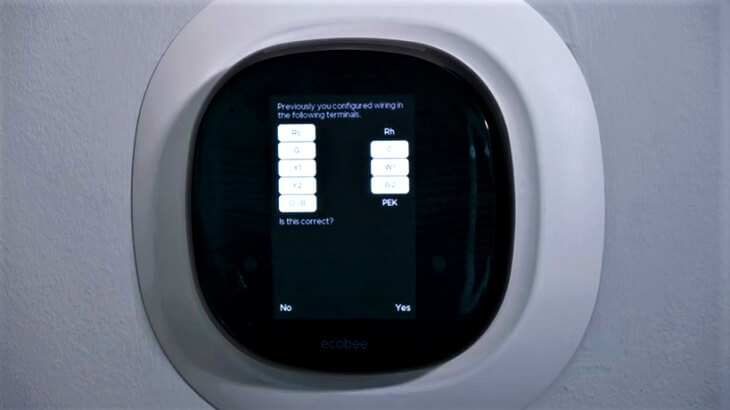
Heat Pump Not Working below Freezing
If your heat pump isn’t working below freezing, there are a few things you can check before calling a technician. First, make sure that the outdoor unit is clear of any snow or ice. If the unit is blocked, the airflow will be restricted and the system won’t work properly.
Also, check to see if the thermostat is set to “emergency heat” or “auxiliary heat.” If so, switch it back to “heat” mode. Lastly, if your heat pump uses an oil reservoir, make sure it’s full.
If it’s empty, the system won’t be able to generate enough heat to warm your home.
Read More: Heating Still on When the Thermostat is Off! Why?
Conclusion
If your home’s heat pump can’t keep up with the cold, it may be time for a repair. In some cases, a simple fix can get your heat pump working properly again. However, if the problem is more serious, you may need to replace your heat pump.
